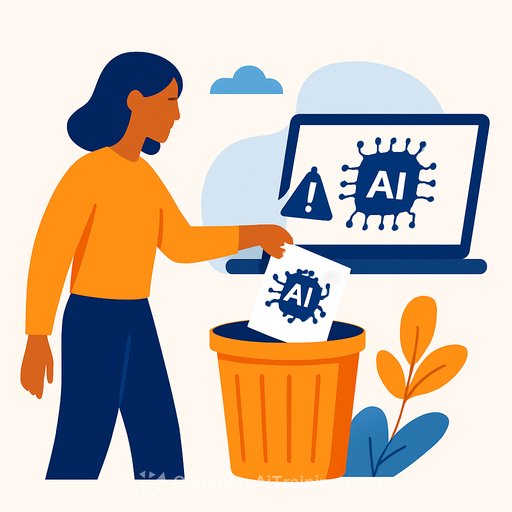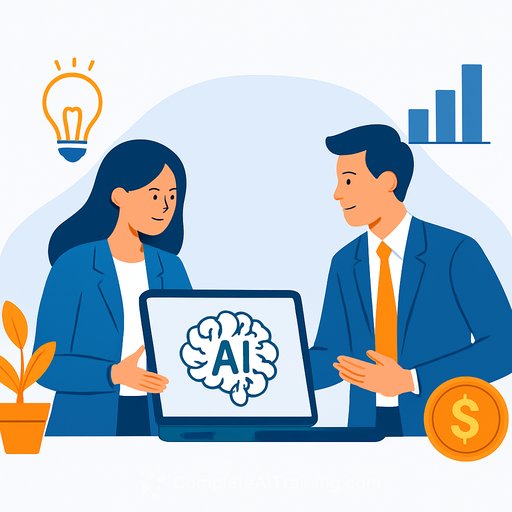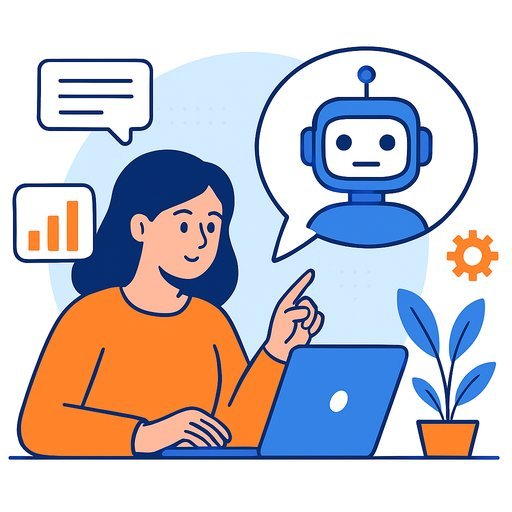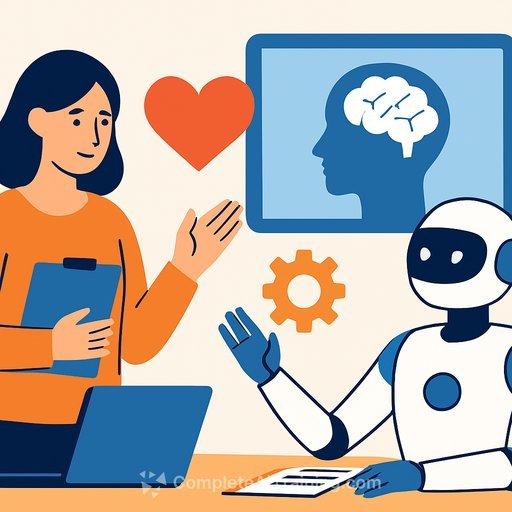UCT Ends Use of Flawed AI Detectors in Education
24 July 2025
The University of Cape Town (UCT) has taken a clear stance on artificial intelligence in education by adopting a comprehensive framework for AI integration in teaching, learning, and assessment. Starting 1 October, UCT will stop using AI detection tools like Turnitin’s AI Score to identify machine-generated student work.
This move aims to promote trust and fairness, as the university recognizes that current AI detectors are unreliable and risk penalizing students unfairly.
New Framework Focuses on AI Literacy and Integrity
The UCT AI in Education Framework, approved by the Senate Teaching and Learning Committee in June, emphasizes:
- Building AI literacy among staff and students
- Maintaining integrity in assessment practices
- Investing in innovation for curricula that prepare students for the future
Central to the framework is shifting away from faulty AI detection to more effective, AI-resilient assessment methods.
Experts Weigh In on UCT’s Approach
Education specialist Prof Jonathan Jansen praised UCT’s step but noted it came late. He pointed out that South African universities have been slow to develop clear AI policies, which is necessary to guide fair disciplinary action. “You can’t discipline a student unless there’s a policy that pre-exists the practice,” he said.
Tech analyst Arthur Goldstuck, author of The Hitchhiker’s Guide to AI, echoed this view, mentioning that other institutions like Pretoria and Wits have already begun setting AI guidelines. He warned that AI tools can tempt misuse but stressed that detection tools should only be used as a preliminary check due to their unreliability.
Developing a Human-Centered AI Strategy
Sukaina Walji, director of UCT’s Centre for Innovation in Learning and Teaching (CILT), explained that the framework is the outcome of over a year of consultation. The approach is not just reactive but aims to provide clear direction aligned with university values.
Key principles include:
- Human-centered education
- Critical AI literacy
- Equitable access to AI tools
- Balancing innovation with ethical responsibility
Currently, UCT students have free access to select AI platforms through partnerships with Microsoft and Google. The university also offers online guides, workshops, and a six-week short course called Designing with AI, launched in 2024 for educators.
Moving Beyond AI Detection
Walji highlighted the unreliability of AI detectors and the lack of any “magic solutions.” Instead, UCT is shifting focus to assessing the learning process rather than just the final product.
Assessment methods promoted include:
- Oral exams
- Observed group work
- Assignments requiring disclosure and critical reflection on AI use
Lecturers are revising assessments to make them more resilient to AI misuse.
Building AI Skills and Ethical Awareness
Despite AI’s disruptive impact, UCT prioritizes equipping staff and students with the skills and ethical mindset necessary to use AI effectively. AI literacy is being incorporated into orientation and self-paced modules, with plans to make it mandatory for all students.
Walji emphasized that students should use AI as a learning aid, not a shortcut, and follow university guidelines strictly. “Be both curious and critical about AI,” she advised.
For educators looking to deepen their understanding of AI tools and how to integrate them ethically and effectively, consider exploring courses at Complete AI Training.
Your membership also unlocks:





